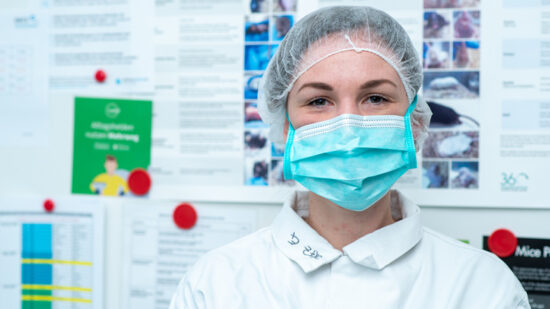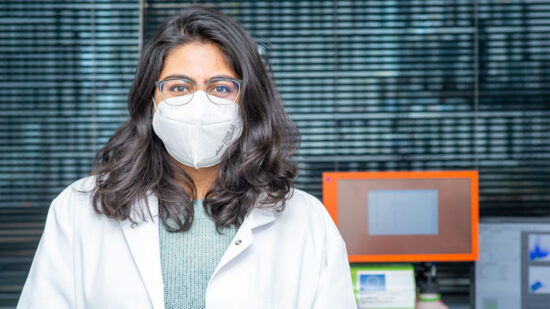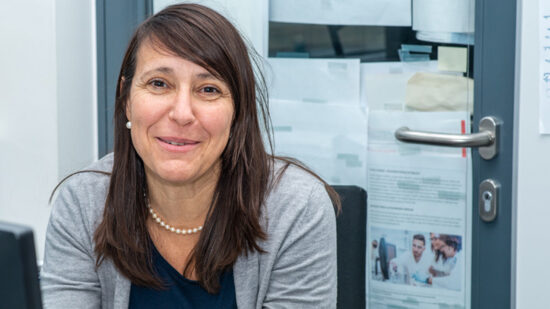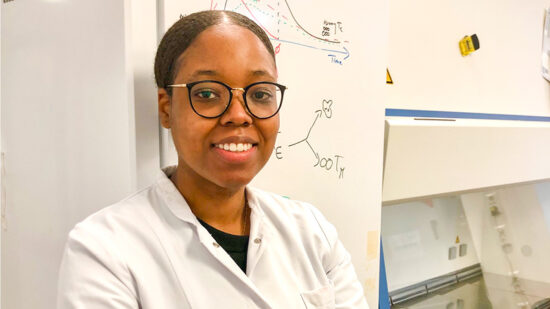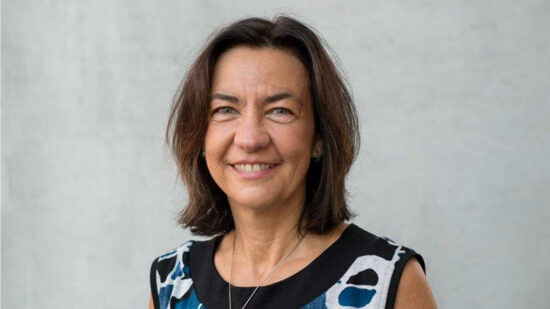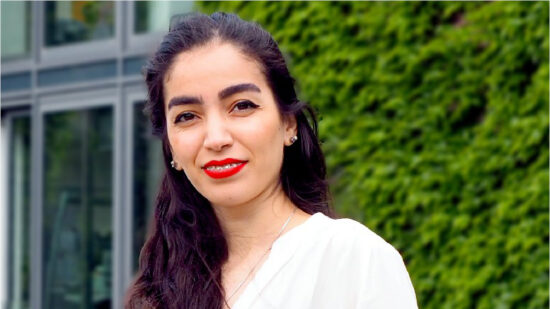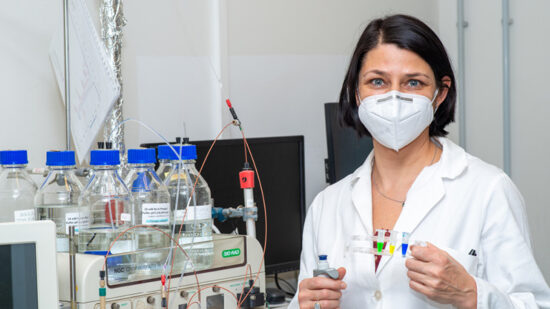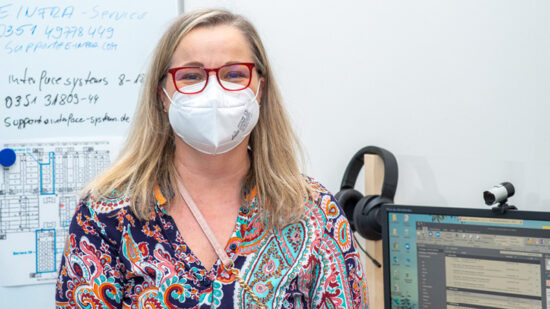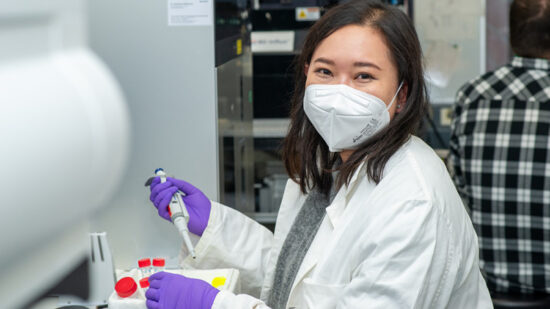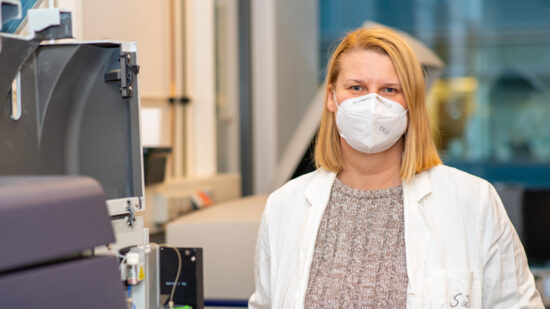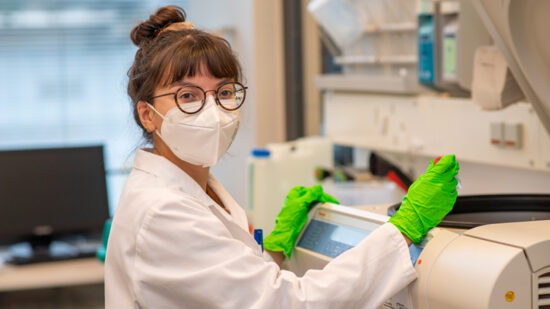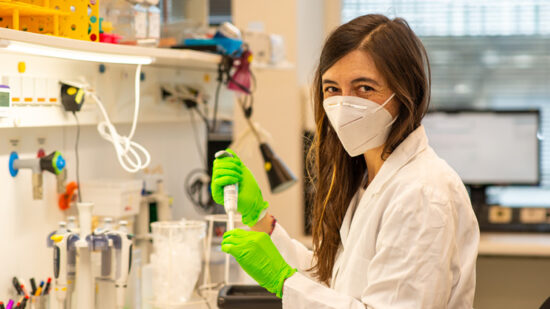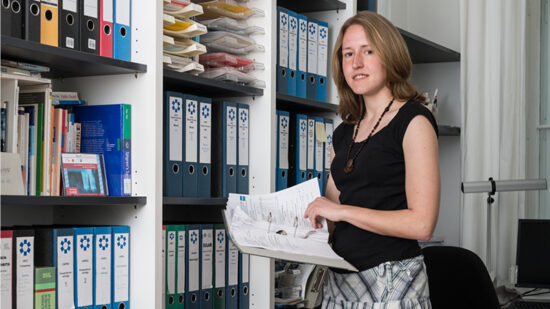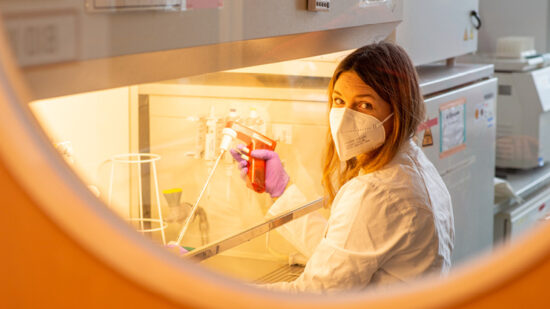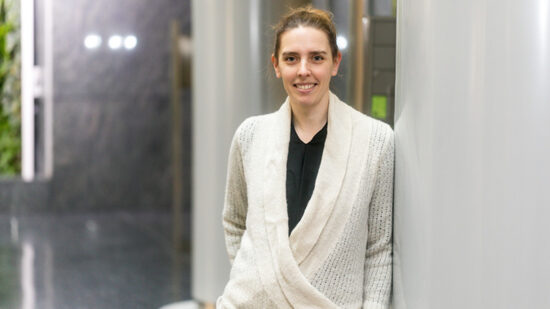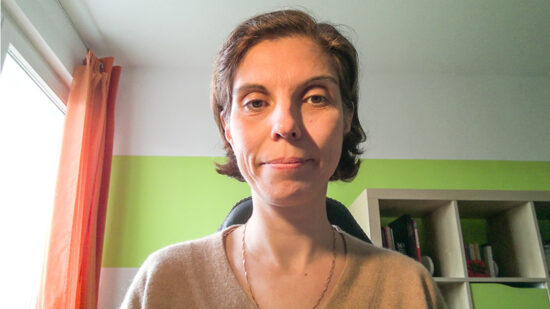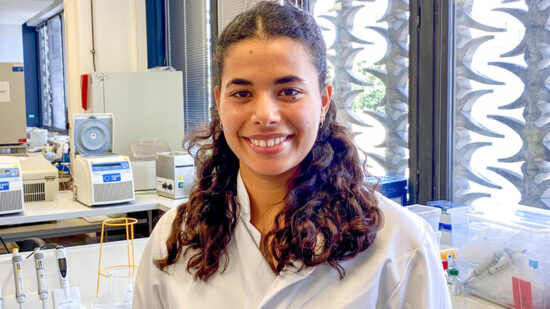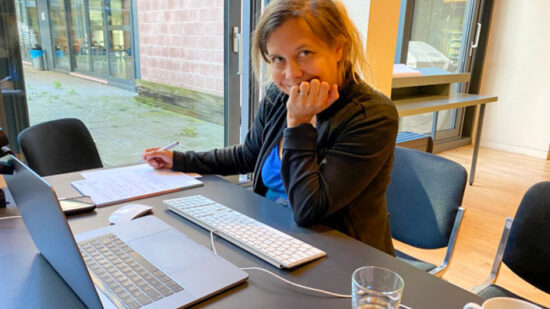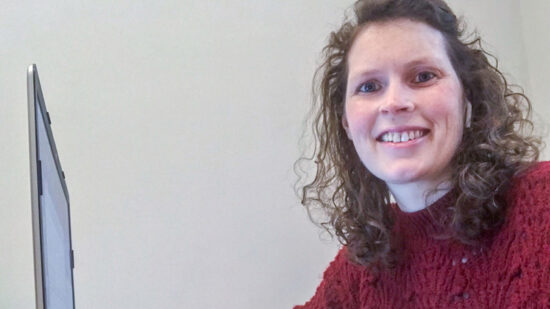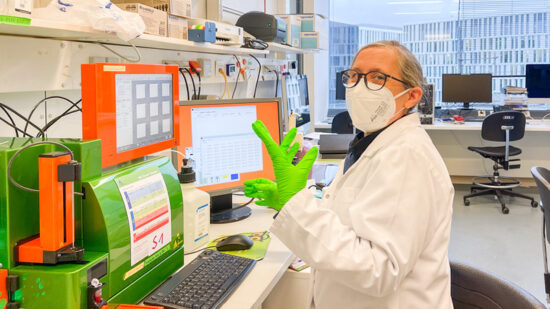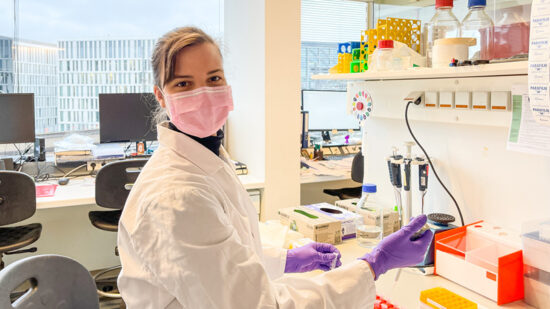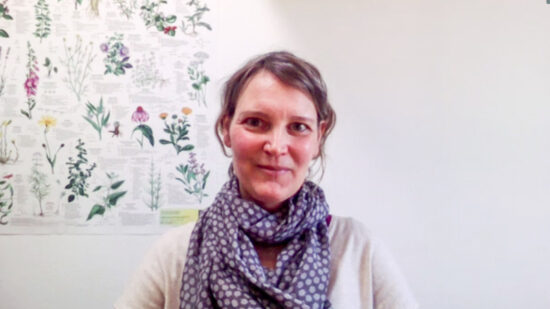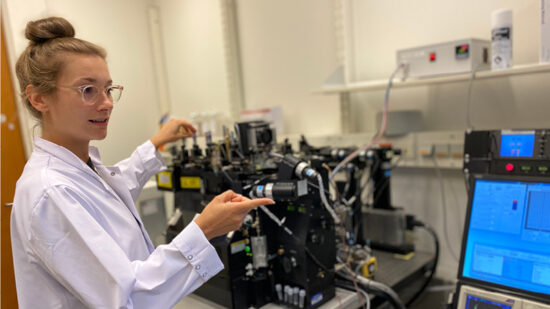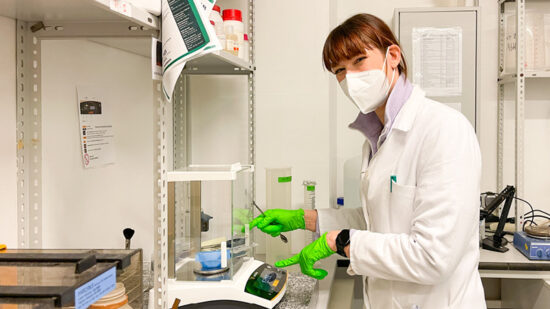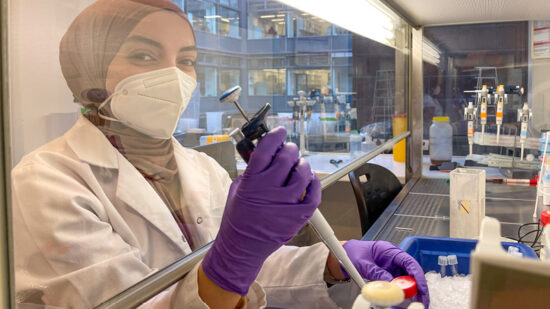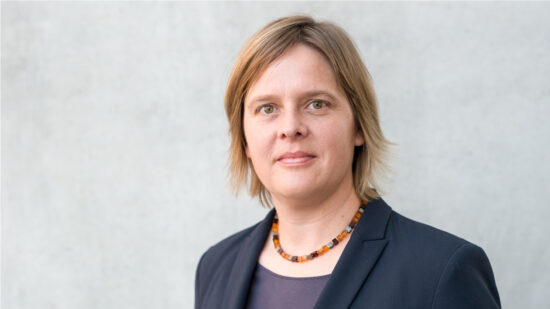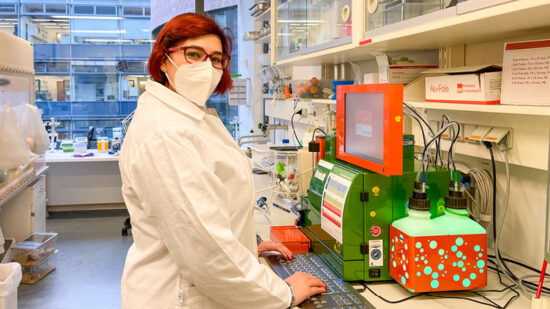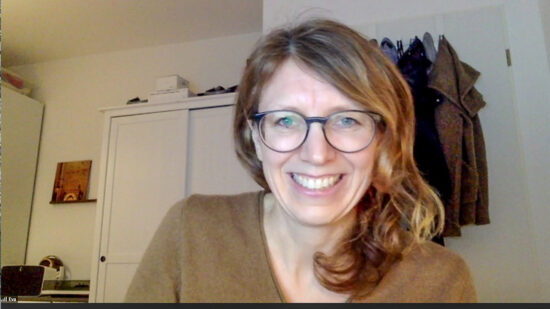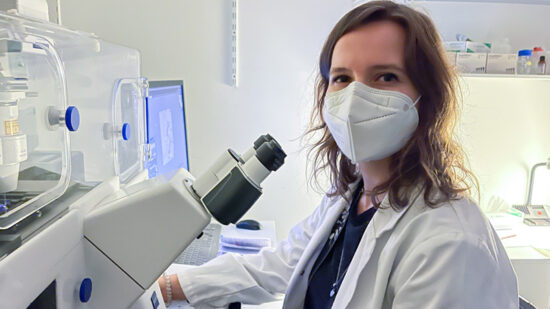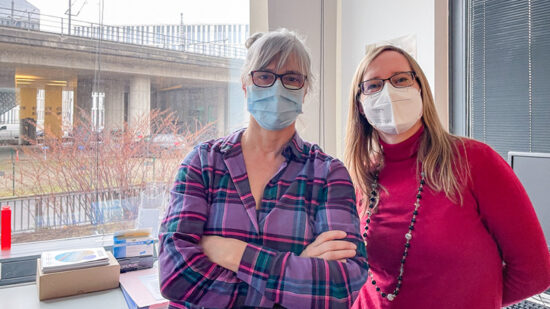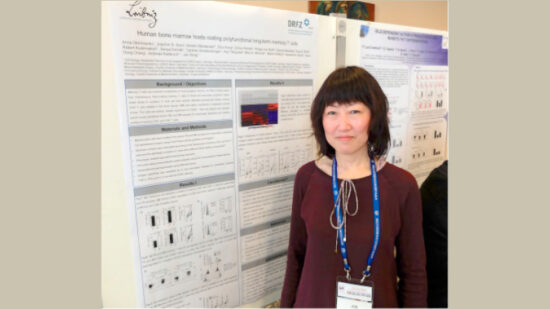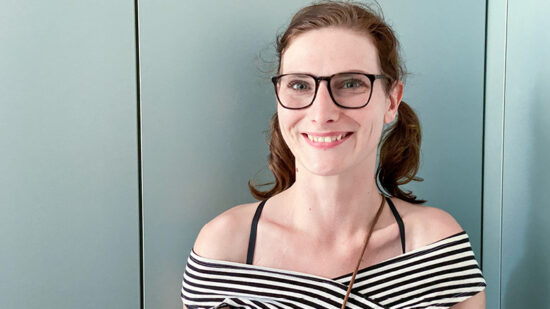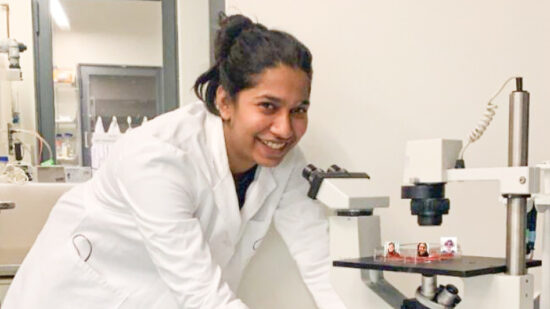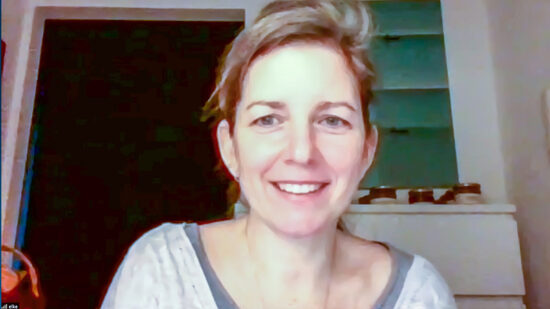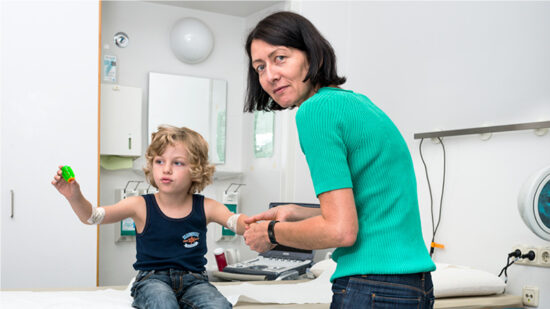International Day of Women and Girls in Science: portraits of female DRFZ employees
Today we celebrate the #InternationalDayofWomenandGirlsinScience by presenting portraits of some of the many women working at the DRFZ. A random composition under difficult corona conditions – representing all female scientists and those supporting science at the DRFZ. Of course, we all work together with men – but today the focus is on the women!
Women and girls make up about half of the world’s population, yet according to UNESCO data, the proportion of female scientists worldwide is only 29% (D: 28%). While women account for half of PhD students, only a fraction of them later finds themselves in leadership positions. Persistent gender stereotypes and structural barriers, such as, among others, a higher proportion of fixed-term contracts and preference for male applicants in recruitment processes reduce the chances of success for female scientists.
Despite these hurdles, women are succeeding in creating groundbreaking research and innovations in a wide range of disciplines. Their contribution is essential for scientific and technological progress. Only a diverse research landscape can foster the creativity, new ideas and perspectives that pave the way for our future.
Portraits of female DRFZ employees highlight the important contribution women make to rheumatism research. With their portrayal, they want to jointly set an example for greater diversity in science and encourage girls and women to pursue a career in science.
Anna Pfeffer
Equal Opportunities Officer at the DRFZ
Or to put it another way:
As a young woman in research, I have learned to be my own cheerleader. I have learned to trust and empower myself, not allowing anyone to detract my curiosity or creativity because of my gender. Women who are scientist go against the grain, assuming the responsibility to chart a different path that inspires young girls to pursue their curiosities.
Another personal view:
As a young woman in research I learned to stand for myself and that my opinion is important. I also learned that research is nothing for lone wolves and how important and life changing it can be to only ask for help! Reaching out to others is not a weakness - but a sign of strength!
And: There has to be enthusiasm:
The best moments in my work life are when I see that our research really helps to improve the lives of persons with rheumatic diseases.

 Deutsch
Deutsch